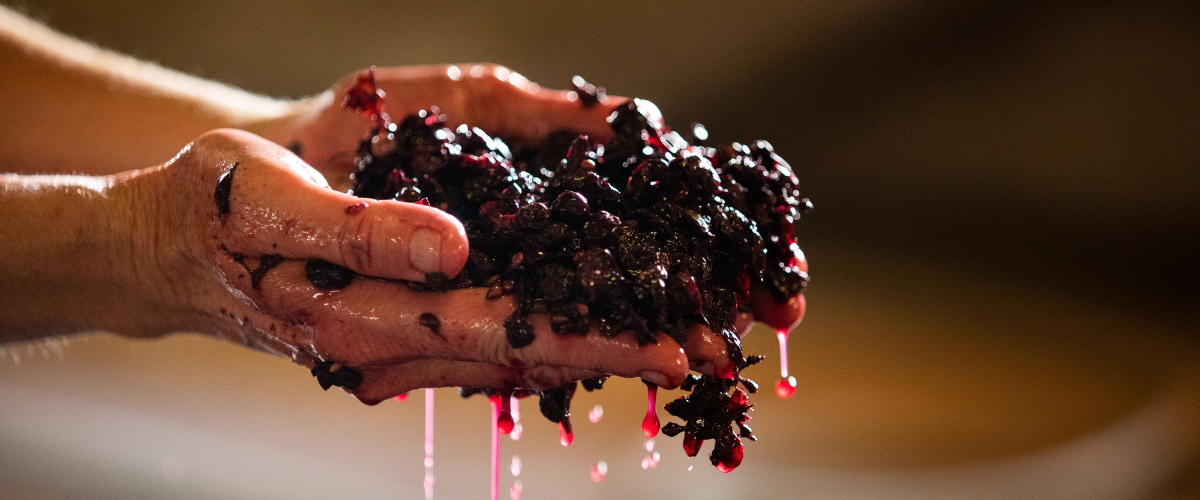The wine industry has witnessed a significant shift toward organic production, with consumers increasingly seeking bottles that promise purity and sustainability. This movement reflects broader trends in food consciousness, where “organic” has become synonymous with health and environmental responsibility. But what exactly distinguishes organic wine from its conventional counterpart, and do these differences translate into tangible benefits for consumers?
The distinction between organic and conventional wine extends far beyond simple labeling. It encompasses fundamental differences in vineyard management, winemaking processes, and regulatory standards that ultimately shape what ends up in your glass. While conventional winemaking has dominated the industry for decades through efficiency and consistency, organic wine production represents a return to traditional, earth-friendly methods that prioritize natural processes over synthetic interventions.
Understanding these differences is crucial for wine enthusiasts who want to make informed choices about their purchases, whether motivated by health concerns, environmental values, or simply curiosity about taste variations between production methods.
Vineyard Practices and Grape Production
The most fundamental difference between organic and conventional wine lies in how grapes are cultivated. Conventional winemaking typically involves the use of synthetic pesticides, herbicides, and fertilizers in the vineyard to maximize yield and production efficiency. These chemical interventions help protect grapes from pests and diseases while ensuring consistent harvests year after year.
Organic wine production takes a dramatically different approach, adhering to strict regulations that limit synthetic chemical use throughout the winemaking process. Organic growers avoid synthetic chemicals entirely, instead relying on natural methods such as compost, cover crops, and natural pest control to maintain vineyard health. These practices include rotating crops to allow land recovery, inviting sheep to graze between vine rows to control weeds, and using cover crops to attract beneficial insects that naturally manage harmful pests.
This approach transforms vineyards into self-sustaining ecological systems that promote biodiversity and soil health while eliminating the need for harmful chemicals. Without the artificial safety net that synthetic additives provide, organic winemakers must be more attentive to soil composition and environmental factors, resulting in vines that are better adapted to surviving independently.
Winemaking Process and Additives

The differences extend beyond the vineyard into the actual winemaking process. Conventional wines can contain over 70 approved additives, including artificial oak powder, tannin powder, coloring agents, and various processing aids. These additives help standardize flavor profiles and extend shelf life, but they can mask the natural characteristics of the grapes and terroir.
In the United States, there are two primary organic wine classifications: “Wine Made with Organic Grapes” and “Certified Organic Wine.” The former uses organically farmed grapes but may include non-organic ingredients and added sulfur. Certified Organic Wine must use entirely organic ingredients, including yeast and fining agents, and cannot contain added sulfur, though naturally occurring sulfites from fermentation remain.
Organic winemakers typically operate under a low-intervention philosophy, using natural yeast present in the air and on grape surfaces for fermentation rather than commercial lab-cultured varieties. They also avoid synthetic fining agents for clarification, opting instead for natural alternatives like egg whites or pea proteins.
Health and Environmental Considerations
Organic wines may contain fewer synthetic residues, no GMOs, and often lower sulfite levels compared to conventional wines. The primary health advantage stems from reduced chemical exposure, as wine grapes are not washed before crushing, meaning any chemical residues would likely end up in the final product. Organic wines typically contain about half the sulfites found in conventional varieties.
Beyond personal health, organic farming practices offer significant environmental benefits by promoting biodiversity, reducing pollution, and improving soil health. This creates a more sustainable winemaking process that supports long-term ecological balance.
However, experts note that while organic wines may offer certain advantages, the evidence for substantial health benefits remains inconclusive. The most important factor remains enjoying wine in moderation, regardless of production method.


